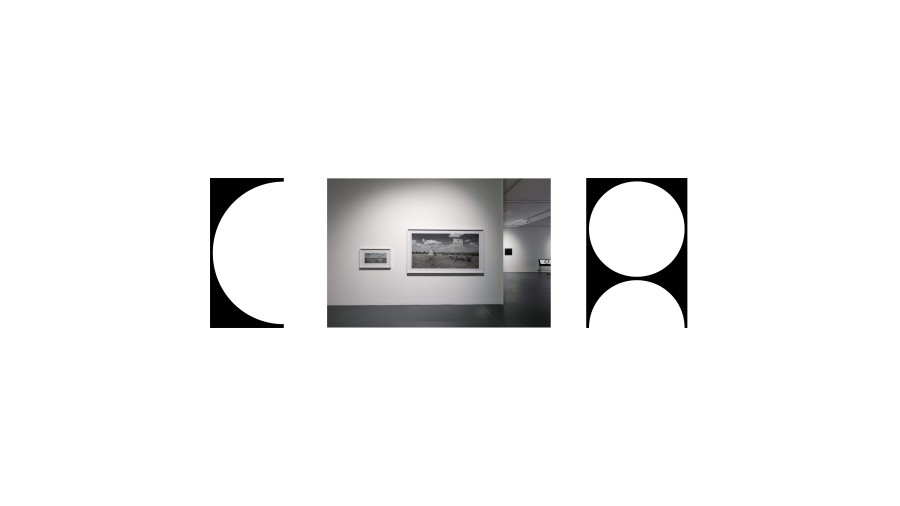Concrete Archives: Symposium

Coinciding with ACE Open’s current exhibition The Image is not Nothing (Concrete Archives), curators Lisa Radford and Yhonnie Scarce have organised Concrete Archives: Symposium.
10 April 2021
1:00pm to 4:00pm
Join the curators for a film screening of Australian Atomic Confessions (2005) directed by Kathy Aigner and Greg Young, followed by a panel discussion delving deeper into themes of nuclear colonisation, memorialisation and the nation state.
Speakers include: Kathy Aigner (ACT), Rosemary Laing (QLD), Karina Lester (SA). Panel discussion facilitated by Lisa Slade (SA).
For those interstate, the panel will be livestreamed on ACE Open’s Instagram.
About the film
Seen through the eyes of nomadic Aboriginal survivors, atomic ex-servicemen, the Premier of South Australia, conservationists and anti-nuclear campaigners, Australian Atomic Confessions explores the impact of 12 British atomic bomb tests detonated in Australia between 1952 and 1957.
Year: 2005
Directors: Kathy Aigner, Greg Young
Duration: 50 minutes
WARNING: Aboriginal and Torres Strait Islander viewers are advised that the following program may contain images and/or audio of deceased persons.
Feature Image: Image inset: Rosemary Laing One Dozen Considerations Totem 1, Emu 2013 C type photograph, 48.6 x 77.1 x 6cm one dozen considerations, Totem 2, Emu 2013 C Type Photograph, 112.6 x 196.6 x 7.4cm. Installation view, ACE Open 2021. Photography by Josh Geelen.
Speaker